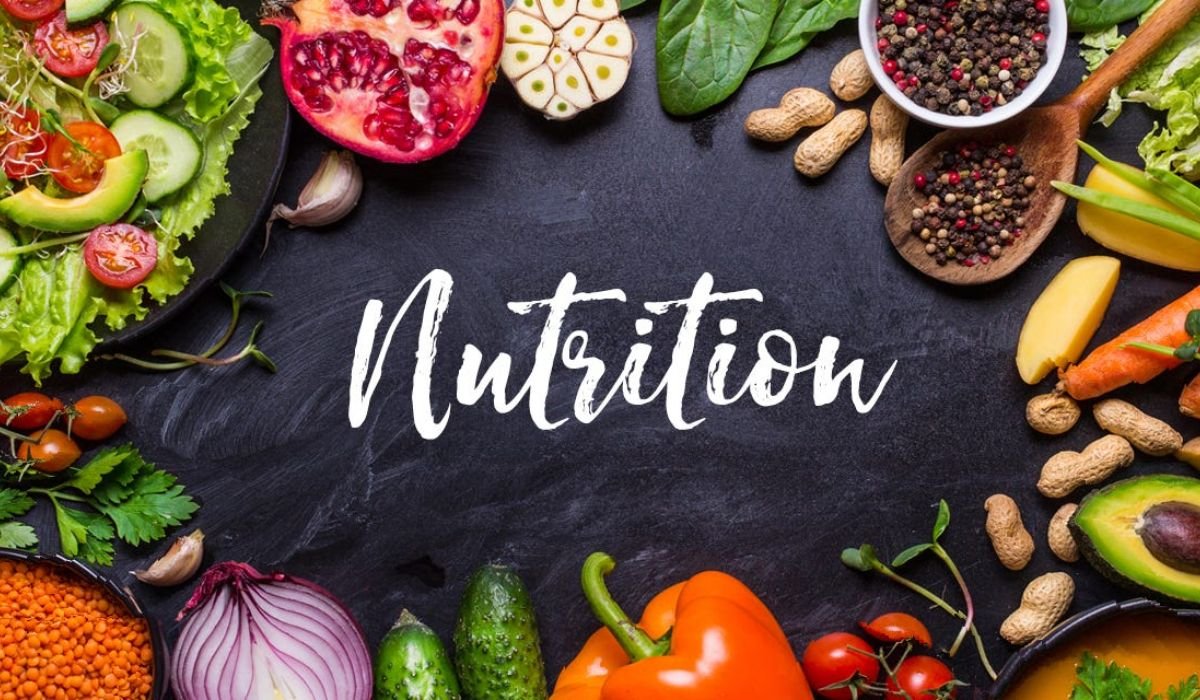The Role of Nutrition in Muscle Growth: What to Eat for Hypertrophy
When building muscle, many people focus solely on their training routines, but nutrition is equally critical. Your diet provides the fuel your body needs to repair and grow muscle tissue after a workout. Even the best training program won’t help you reach your muscle growth potential without proper nutrition. In this blog, we’ll explore the critical components of a muscle-building diet and what you should eat to maximise hypertrophy.
Why Nutrition is Important for Muscle Growth
To build muscle, your body needs two main things: a stimulus (training) and the proper nutrients to support recovery and growth. You create tiny tears in your muscle fibres every time you lift weights. During recovery, your body repairs these tears, making the muscles more robust and prominent. Proper nutrition provides the raw materials needed to rebuild these muscles. For more info about Weight loss training or you want your own personalized Weight loss trainer contact us.
If you’re not eating enough calories, protein, or the right balance of macronutrients, your body won’t have the energy or building blocks necessary for hypertrophy. In some cases, you might even lose muscle mass if your nutrition is inadequate.
The Macronutrients: Protein, Carbohydrates, and Fats
- Protein:
Protein is the most critical nutrient for muscle growth. It contains amino acids, which are the building blocks of muscle tissue. When you engage in strength training, you break down muscle proteins, and your body needs a steady supply of amino acids to repair and rebuild these fibres.
Aim for 1.6 to 2.2 grams of protein per kilogram of body weight each day. For example, weighing 80kg, you should consume between 128g and 176g of protein daily. Quality protein sources include:
- Chicken, turkey, and lean beef
- Fish such as salmon and tuna
- Eggs and egg whites
- Dairy products like Greek yoghurt and cottage cheese
- Plant-based options like tofu, lentils, and quinoa
- Whey or plant-based protein powders
- Carbohydrates:
Carbohydrates are your body’s primary energy source. They fuel your workouts and help replenish glycogen stores in your muscles after training. Without enough carbs, you’ll lack the energy to perform well during workouts and may struggle to recover afterwards. Consult a Nutritionist if you like.
Complex carbohydrates are the best choice for sustained energy and include:
- Whole grains like oats, brown rice, and quinoa
- Sweet potatoes and other starchy vegetables
- Fruits like bananas and berries
- Legumes such as beans and lentils
Carbohydrate intake should make up 40-50% of your daily caloric intake, depending on your activity level. Consuming carbs around your workout (pre- and post-workout) is especially beneficial for energy and recovery.
- Fats:
Dietary fats support hormone production, including testosterone, which plays a crucial role in muscle growth. Healthy fats are also essential for overall health, brain function, and reducing inflammation.
Aim for fats to make up around 20-30% of your daily caloric intake. You can visit our website Health N Fitness for personal trainer in dubai. Focus on healthy fat sources such as:
- Avocados
- Olive oil and other healthy oils
- Nuts and seeds
- Fatty fish like salmon and mackerel
Caloric Surplus for Muscle Gain
To gain muscle, you need to consume more calories than your body burns—this is known as a caloric surplus. When you’re in a surplus, your body has extra energy to fuel muscle repair and growth. The size of the surplus doesn’t need to be extreme; a moderate surplus of 300-500 calories per day is enough to support muscle gain without excessive fat gain.
Use a calorie calculator to estimate your daily caloric needs based on your activity level and goals. Once you have that number, add 300-500 calories to it for muscle growth. For example, if your maintenance level is 2,500 calories, aim for 2,800-3,000 calories daily.
Timing Your Meals for Optimal Growth
Meal timing can also play a role in maximising muscle growth. Here’s how to structure your meals throughout the day:
- Pre-Workout Meal: Aim to eat a meal rich in carbs and moderate in protein 1-2 hours before your workout. This will provide you with the energy needed for an intense training session. An example of a pre-workout meal might be oatmeal with a scoop of protein powder and a banana.
- Post-Workout Meal: The post-workout window is when your muscles are primed for nutrient uptake. Eat a meal high in protein and carbs within 30-60 minutes of finishing your workout. This will kick-start the muscle repair process. A great option is grilled chicken with sweet potatoes and vegetables or a protein shake with a piece of fruit.
- Spread Protein Throughout the Day: Rather than consuming all your protein in one meal, it’s more effective to distribute it evenly throughout the day. Aim for 4-6 small meals or snacks that include a source of protein.
Supplements for Muscle Growth
While whole foods should make up most of your diet, supplements can help fill the gaps. Personal Trainer helps a lot to improve your diet. It’s also helpful in bodybuilding. Some helpful supplements for muscle growth include:
- Whey Protein: A fast-digesting protein that’s perfect for post-workout recovery.
- Creatine: A well-researched supplement that can increase strength, improve performance, and support muscle growth.
- BCAAs (Branched-Chain Amino Acids): These amino acids can help muscle recovery and reduce soreness, especially during intense training.
Conclusion
Building muscle isn’t just about lifting weights—it’s about fueling your body with the proper nutrients. By prioritising protein, consuming enough carbs for energy, and including healthy fats in your diet, you’ll create the optimal environment for muscle growth. Remember, consistency is critical. Proper nutrition and a structured training program will help you maximise hypertrophy and achieve your muscle-building goals. For Best Personal Trainers in Dubai contact us.



